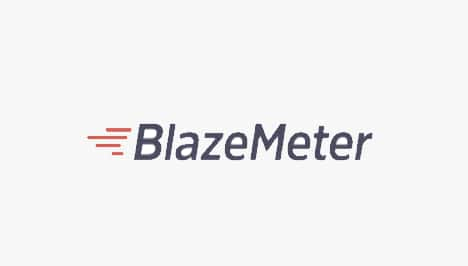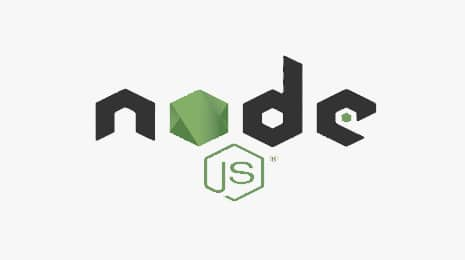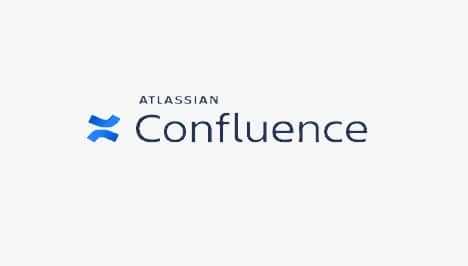Overview:
The System Architect participates in the definition of the higher-level function and non-functional Requirements, analyzes technical trade-offs, determines the major components and subsystems, and defines the interfaces and collaborations between them.
| System Architect Primary Responsibilities:
Secondary Responsibilities:
|
Technical Skills :
|
Soft Skills:
|
|
Tool Skills:
|




